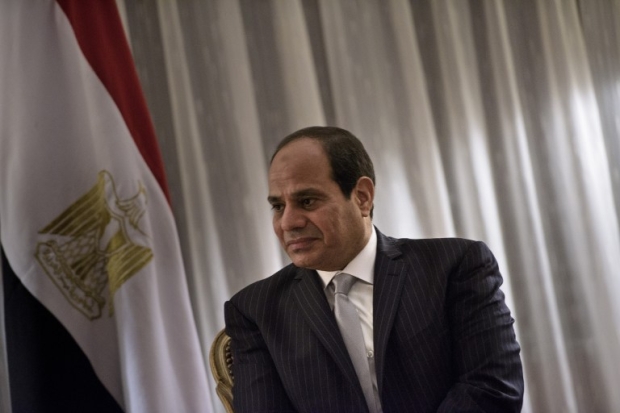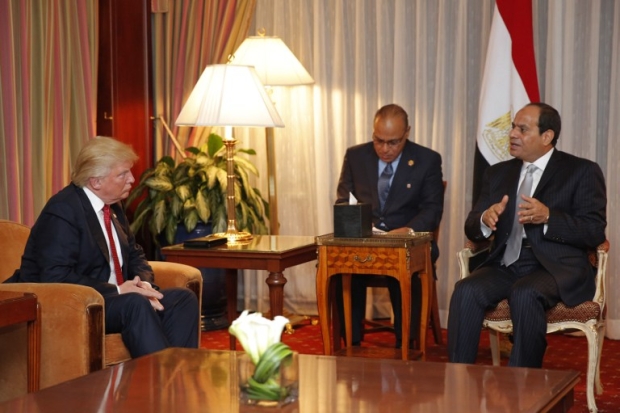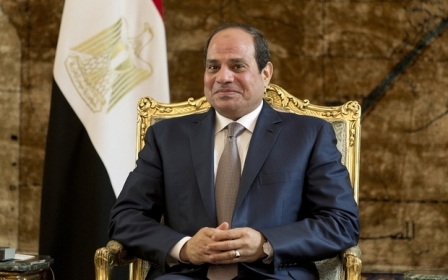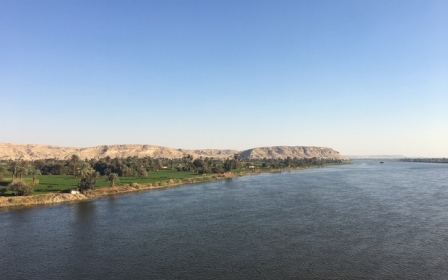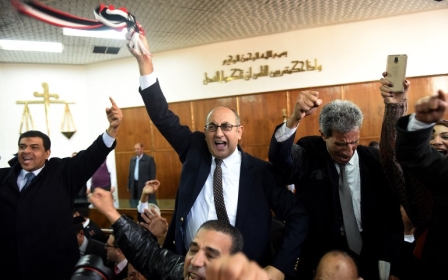Egypt adds dead people to ever-expanding list of 'terrorists'
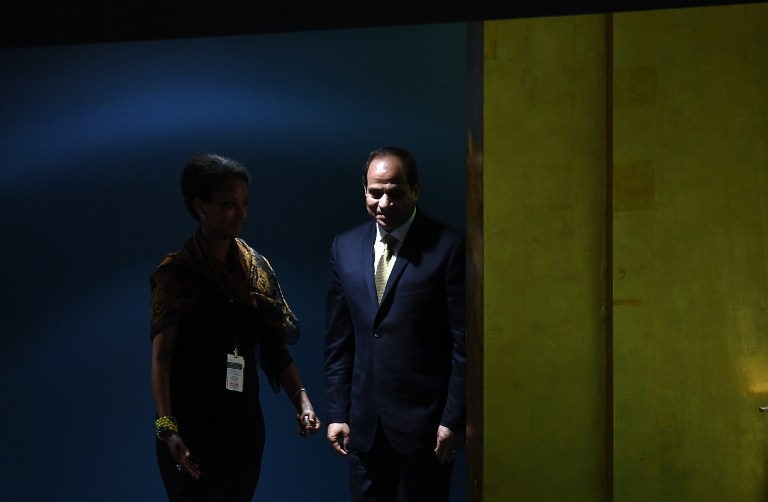
At least five dead people are among more than 1,500 names added to the Egyptian government's ever-growing "terrorist" list, which already includes former presidents and international footballers.
The move was reported by Human Rights Watch (HRW) on Tuesday, which described the widening the list as an "indiscriminate use of broad counter-terrorism laws”.
The 12 January Cairo criminal court decision added 1,538 people to the list based on requests from prosecutors, who accused all of aiding the banned Muslim Brotherhood, HRW said.
Former president Mohamed Morsi's sons, Egyptian football icon Mohamed Aboutrika and at least five deceased individuals were sanctioned by the decision, HRW said.
The court accepted the government’s allegation that the defendants had provided financial assistance to the Brotherhood and helped it conduct military training and plan attacks on security forces.
In a statement on Tuesday, HRW said the courts were “using these laws to impose penalties on people without giving them a chance to defend themselves seriously violates their rights to due process”.
The criticism from the rights group comes a day after US President Donald Trump told his Egyptian counterpart Abdel Fattah al-Sisi in a phone call that he supported the key Arab country in its “war on terror”.
Lawyers for several of the people told Human Rights Watch that the authorities did not inform their clients about any related court sessions and that they first knew about the decision from media outlets that reported it on 17 January.
Joe Stork, deputy Middle East director at Human Rights Watch, said: “Dumping hundreds of people onto a list of alleged terrorists, with serious ramifications for their freedom and livelihood, and without even telling them, makes a mockery of due process.”
“Prosecutors should withdraw their request for the designations, and parliament should cancel the relevant law or amend it to ensure due process guarantees a narrower and more specific definition of terrorism,” the statement said.
The terrorist designations were based on Law 8 of 2015 for Organising Lists of Terrorist Entities and Terrorists, issued by a decree by President Abdel Fattah al-Sisi in February 2015, in the absence of a parliament.
The law authorises the prosecutor general to request designated Cairo criminal courts to name individuals or groups to the list for three-year renewable periods. The court has seven days to consider the request before deciding.
“The law violates several legal protections laid out in the Egyptian constitution, previous decisions of Egypt’s Supreme Constitutional Court, and international human rights law,” the statement said.
“Egypt’s parliament should repeal the terrorist entities law or amend it extensively to bring it within international standards, and prosecutors should file requests to repeal the terrorist listings made so far,” it added.
“Terrorism is a real issue in Egypt, but the authorities are using blunt tools of questionable legality to confront the problem,” Stork said. “Such an approach disregards facts, indiscriminately labels opponents as terrorists, and makes no effort to sort the guilty from the innocent.”
Trump told Sisi he appreciates the difficulties faced by Egypt in its "war on terror" and affirmed his administration's commitment to supporting the country, Sisi's spokesman Alaa Youssef said in a statement.
"The US President also expressed during the call his looking forward to the president's awaited visit to Washington, which is being prepared for through diplomatic channels," the statement said.
White House spokesman Sean Spicer told a news briefing that Trump and Sisi "discussed ways to deepen the bilateral relationship and support Egypt's fight against terrorists".
"President Trump underscored the United States remains strongly committed to the bilateral relationship, which has helped both countries overcome challenges in the region for decades," Spicer added.
Egyptian President Abdel Fattah al-Sisi was the first leader from the Arab world to congratulate Donald Trump after his election victory and said he hoped the US president-elect would "pump new life" into Egyptian-American relations.
New MEE newsletter: Jerusalem Dispatch
Sign up to get the latest insights and analysis on Israel-Palestine, alongside Turkey Unpacked and other MEE newsletters
Middle East Eye delivers independent and unrivalled coverage and analysis of the Middle East, North Africa and beyond. To learn more about republishing this content and the associated fees, please fill out this form. More about MEE can be found here.


